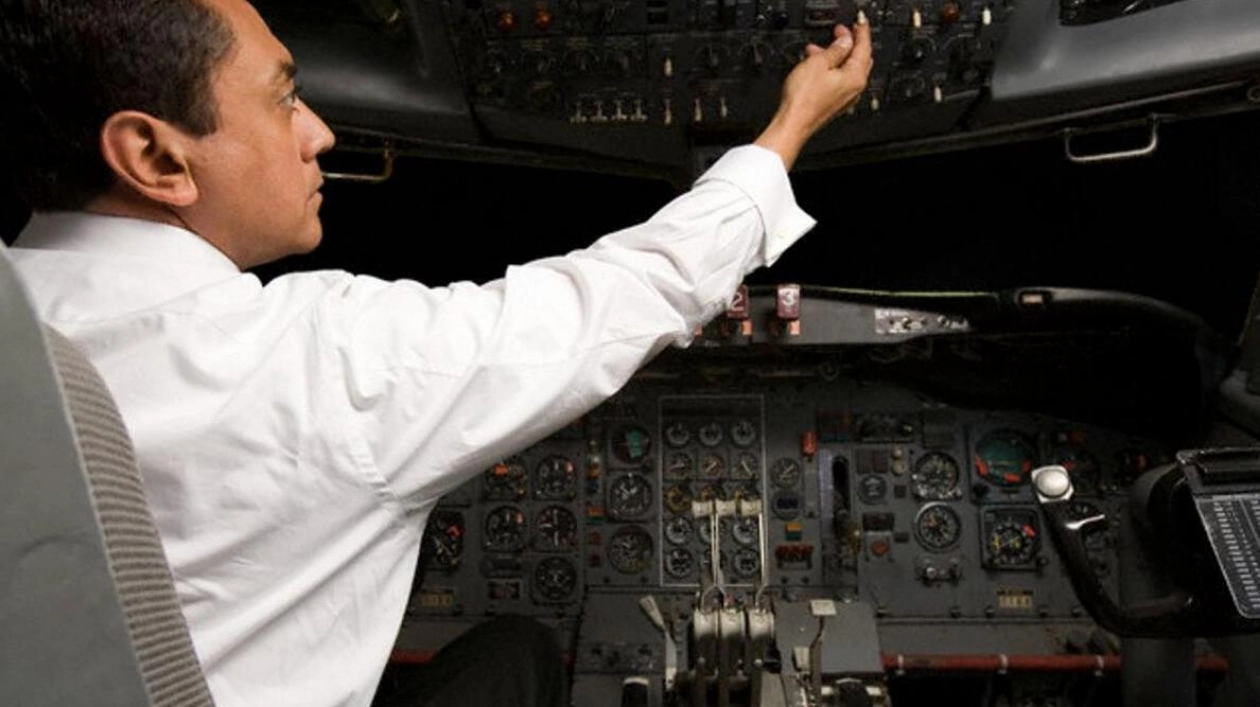As travel and tourism have surged over the past three years, the aviation industry is facing a significant shortage of pilots. This demand is causing some airlines to potentially compromise on quality to fill positions. Boeing projected last year that within the next 20 years, approximately 650,000 new pilots will be needed globally, with 58,000 of those required in the Middle East. This translates to an annual demand of 32,500 pilots, a stark contrast to the 4,500 pilots entering the industry annually over the past two decades.
Capt. Abhishek Nadkarni, CEO of Sharjah-based pilot training academy Pier Seven, noted that the demand for pilots is nearly seven times higher than the current supply. He attributed this gap to the high cost and complexity of pilot training. Historically, only 20% of trained pilots secured jobs as pilots, while the remaining 80% did not. However, due to the current shortage, airlines are now recruiting candidates with lower qualifications.
Nadkarni suggested that airline companies should offer more support to sponsor young individuals interested in aviation schools, as many may hesitate to invest heavily in pilot training without a guaranteed job. Despite the challenges, Pier Seven has seen a surge in demand, training 500 pilots in the past three years and planning to expand its training capacity to include 14 flight simulators by 2026.
An upcoming exhibition in Abu Dhabi aims to address the pilot shortage by introducing the Middle East Aviation Career Zone (MEAC). Air Expo 2024, which kicked off at the Abu Dhabi National Exhibition Centre, brings together 50 airline companies and 40 training academies, expecting to attract hundreds of students and 20,000 visitors. Didier Mary, CEO and Founder of Air Expo, emphasized the event's role in inspiring youth to explore various aviation roles.
Mary highlighted that the aviation industry, which nearly lost millions of jobs during the pandemic, has made a massive recovery. The number of aircraft has increased by 10% compared to pre-pandemic levels. Emirates, for instance, recovered its pandemic losses within six months and expanded its fleet significantly. Etihad Aviation Training (EAT) reported a 250% increase in pilot training demand, training many professionals returning to the industry post-pandemic.
Paolo La Cava, CEO of EAT, noted that a career in aviation offers numerous opportunities beyond piloting, including cabin crew and engineering roles. He added that cross-sector collaborations are crucial in meeting the increasing demand. Abu Dhabi aerospace engineering provider Sanad offers various aviation jobs and training programs, attracting young Emiratis like Omar Al Jefri, who pursued a career in aerospace engineering after interning with the company.
Source link: https://www.khaleejtimes.com






